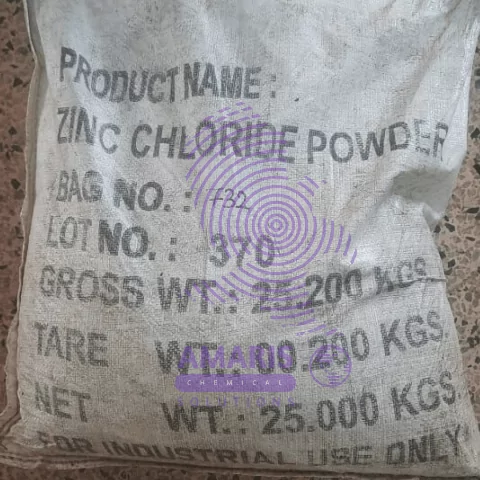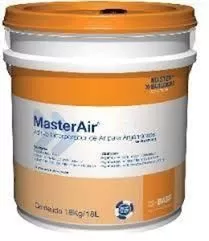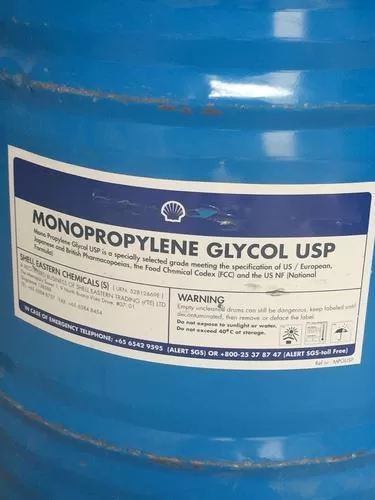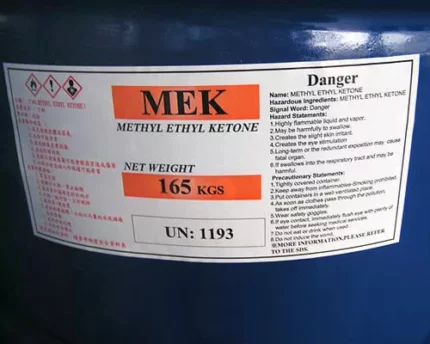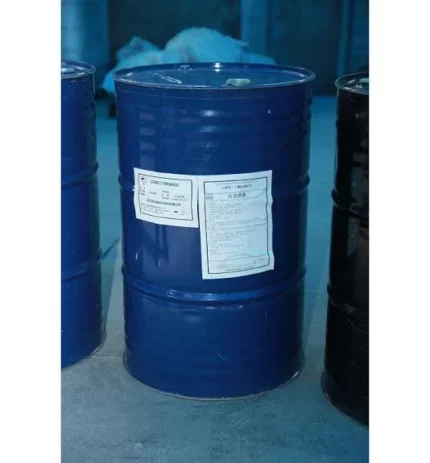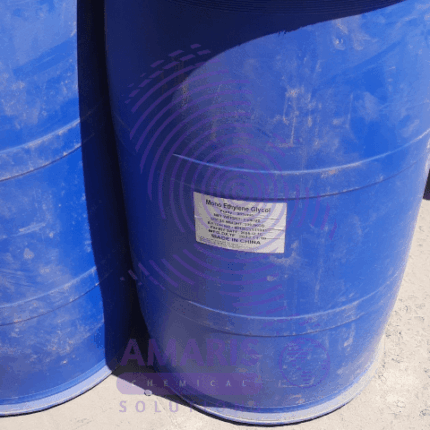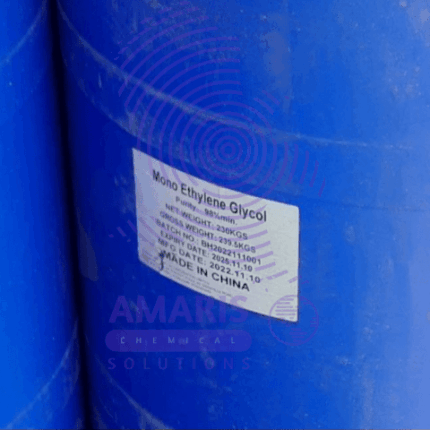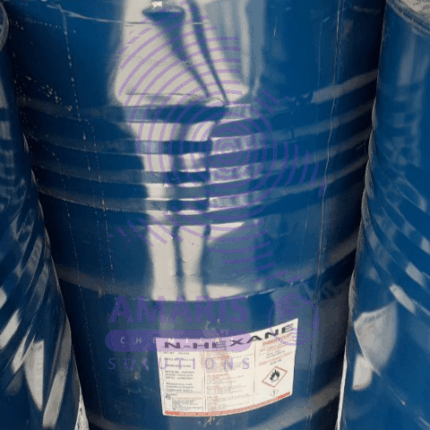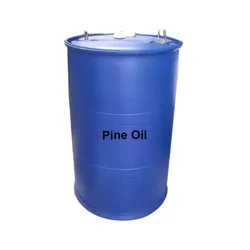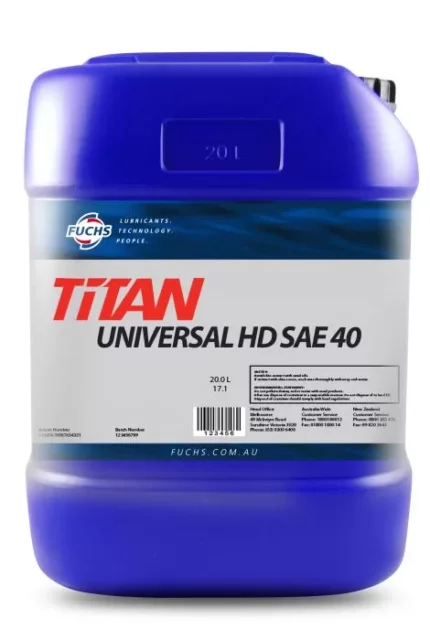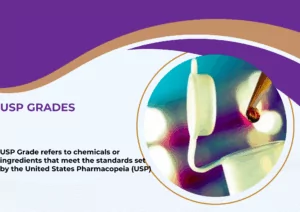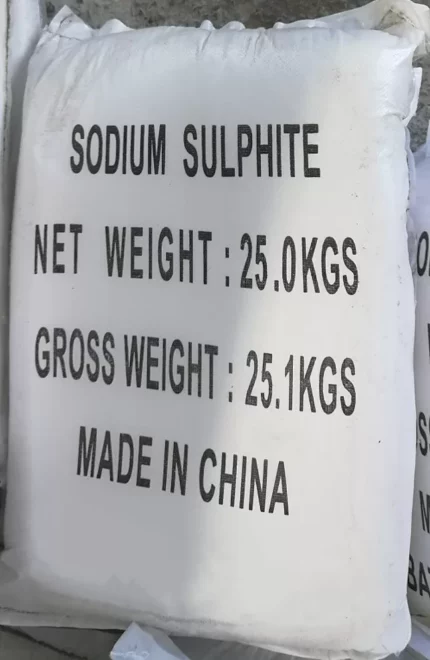
Sodium sulphite 25kg
$9,800.00 Original price was: $9,800.00.$9,500.00Current price is: $9,500.00.
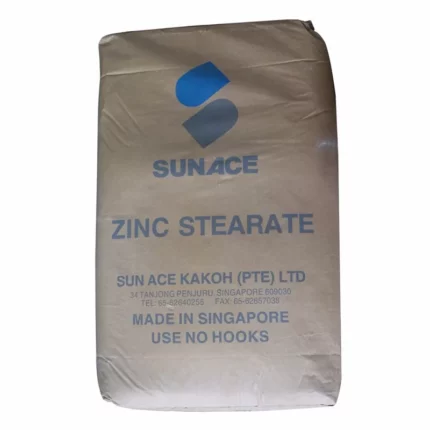
Zinc stearate 25kg
$13,000.00 Original price was: $13,000.00.$12,500.00Current price is: $12,500.00.
Zinc chloride (ZnCl2) 25Kg bag
$9,500.00 Original price was: $9,500.00.$9,200.00Current price is: $9,200.00.
Whatsapp Order
Zinc chloride is an inorganic compound with the chemical formula ZnCl2. It is a white crystalline solid with a salty taste and is highly soluble in water. Zinc chloride is commonly used as a disinfectant, deodorant, and wood preservative. It is also used in the manufacture of other chemicals, such as vulcanized fiber and ethyl acetate. Additionally, it can be used in soldering fluxes, as a catalyst in chemical reactions, and as a flame retardant in plastics.
SKU:
ACS52278CHEM0
Category: OTHERS
Description
Zinc chloride has several major uses and applications, including:
- Galvanizing: Zinc chloride is a key component in the galvanizing process, which involves coating steel or iron with a layer of zinc to protect it from rust and corrosion.
- Chemical synthesis: Zinc chloride is used in the manufacture of a wide range of other chemicals, including ethyl acetate, zinc oxide, and zinc stearate. It is also used as a catalyst in certain chemical reactions.
- Wood preservation: Zinc chloride is a popular wood preservative, used to protect wood from decay, rot, and insect damage.
- Soldering: Zinc chloride is used in soldering fluxes to help remove oxide layers from metal surfaces and improve the flow of solder.
- Textile processing: Zinc chloride is used as a mordant in textile processing to help fix dyes to fabrics and improve color fastness.
- Battery production: Zinc chloride is used in the production of certain types of batteries, including zinc-carbon batteries and zinc-chloride batteries.
- Deodorants and antiperspirants: Zinc chloride is sometimes used as an ingredient in deodorants and antiperspirants due to its ability to reduce perspiration.
Related products
Master Air
Methoxy Propanol (PM)Glycol Ether 190kg Drum
Methyl Ethyl Ketone (MEK) 165kg
Methyl ethyl ketone (MEK) is a colorless, flammable liquid organic compound with the chemical formula C4H8O. It is a ketone, which means it contains a carbonyl group (C=O) bonded to two carbon atoms. MEK has a sweet, pungent odor and is commonly used as a solvent in various industrial applications such as coatings, adhesives, and printing inks. It can also be used as a chemical intermediate in the production of other chemicals. MEK is highly volatile and can pose health hazards if not handled properly.
Methyl Ethyl Ketoxime 190kg Drum
Mono Ethylene Glycol (MEG) 230 kg
Monoethylene glycol (MEG) is a colorless, odorless, and slightly viscous liquid with the chemical formula C2H6O2. It is an organic compound primarily used as a raw material in the production of polyester fibers, resins, and films. MEG is also used as a coolant and antifreeze in various industrial applications, as well as in the manufacture of cosmetics, personal care products, and pharmaceuticals.
N Hexane 136 kg Drum
n-Hexane is a straight-chain alkane with the chemical formula C6H14. It is a colorless, flammable liquid with a slight odor that is commonly used as a solvent and as a raw material in the production of gasoline. In its pure form, n-hexane is highly volatile and can be easily ignited, so it is important to handle it with care.
Pine Oil 185 kg
Pine oil is a clear to pale yellow essential oil that is derived from the needles, twigs, and cones of pine trees through steam distillation. It has a distinct, fresh, and woody aroma with a hint of balsamic and turpentine-like notes. Pine oil is commonly used in aromatherapy, cleaning products, and as a natural insect repellent. It contains various beneficial compounds, such as alpha-pinene, beta-pinene, and limonene, that have potential health and wellness benefits.


 Emollients
Emollients Humectants
Humectants UV Filters
UV Filters Surfactants (cosmetic)
Surfactants (cosmetic) Preservatives (cosmetic)
Preservatives (cosmetic) Fragrances and Essential Oils
Fragrances and Essential Oils Antioxidants (cosmetics)
Antioxidants (cosmetics)
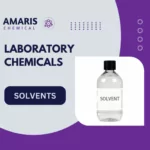 Solvents (lab)
Solvents (lab) Chromatography Chemicals
Chromatography Chemicals Microbiology and Cell Culture Reagents
Microbiology and Cell Culture Reagents Biochemical Reagents
Biochemical Reagents Inorganic and Organic Standards
Inorganic and Organic Standards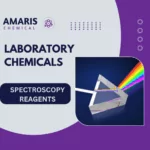 Spectroscopy Reagents
Spectroscopy Reagents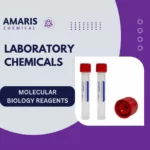 Molecular Biology Reagents
Molecular Biology Reagents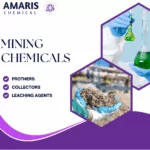
 Precious Metal Extraction Agents
Precious Metal Extraction Agents
 Plasticizers
Plasticizers Polymerization Initiators
Polymerization Initiators Stabilizers
Stabilizers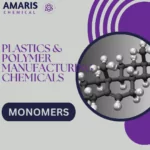 Monomers
Monomers Fillers and Reinforcements
Fillers and Reinforcements Antioxidants (plastics)
Antioxidants (plastics) Colorants (plastic pigments,Dyes)
Colorants (plastic pigments,Dyes)
 Fertilizers
Fertilizers Plant Growth Regulators
Plant Growth Regulators Soil Conditioners
Soil Conditioners Animal Feed Additives
Animal Feed Additives Biostimulants
Biostimulants
 Dough Conditioners
Dough Conditioners Flour Treatments
Flour Treatments Fat Replacers
Fat Replacers Preservatives (baking)
Preservatives (baking)
 Surfactants (cleaning)
Surfactants (cleaning)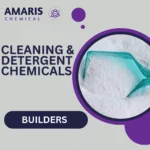 Builders
Builders Bleaching Agents
Bleaching Agents Enzymes
Enzymes Solvents (cleaning)
Solvents (cleaning) Fragrances
Fragrances Disinfectant
Disinfectant Metal cleaning
Metal cleaning
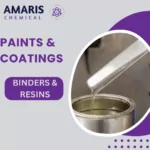 Binders/Resins
Binders/Resins Pigments
Pigments Solvents (paint)
Solvents (paint) Additives
Additives Driers
Driers Anti-Corrosion Agents
Anti-Corrosion Agents Specialty Coatings
Specialty Coatings Functional Coatings
Functional Coatings Application-Specific Coatings
Application-Specific Coatings
 Sealants and Adhesives
Sealants and Adhesives
 Biodegradable Surfactants
Biodegradable Surfactants Bio-based Solvents
Bio-based Solvents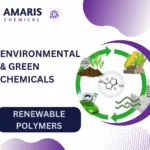 Renewable Polymers
Renewable Polymers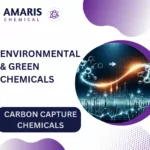 Carbon Capture Chemicals
Carbon Capture Chemicals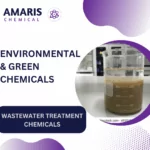 Wastewater Treatment Chemicals
Wastewater Treatment Chemicals
 Preservatives (food)
Preservatives (food)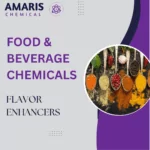 Flavor Enhancers
Flavor Enhancers Acidulants
Acidulants Sweeteners
Sweeteners Emulsifiers
Emulsifiers Antioxidants (food)
Antioxidants (food) Colorants (food)
Colorants (food)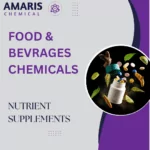 Nutrient Supplements
Nutrient Supplements Nutraceutical Ingredients
Nutraceutical Ingredients
 Fresh Herbs
Fresh Herbs Whole Spices
Whole Spices Ground Spices
Ground Spices Spice Blends
Spice Blends
 Surfactants(oil)
Surfactants(oil)
 Antibiotics
Antibiotics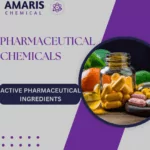 Active Pharmaceutical Ingredients
Active Pharmaceutical Ingredients Excipients
Excipients Vaccine Adjuvants
Vaccine Adjuvants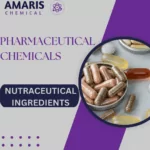 Nutraceutical Ingredients
Nutraceutical Ingredients Solvents (pharmaceutical)
Solvents (pharmaceutical)
 Automotive chemicals
Automotive chemicals Pyrotechnic Chemicals
Pyrotechnic Chemicals


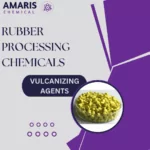 Vulcanizing Agents
Vulcanizing Agents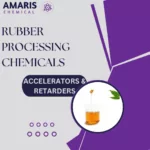 Accelerators & Retarders
Accelerators & Retarders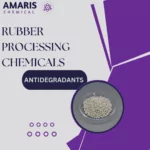 Antidegradants
Antidegradants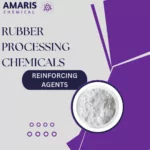 Reinforcing Agents
Reinforcing Agents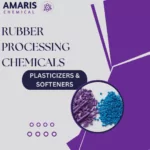 Plasticizers & Softeners
Plasticizers & Softeners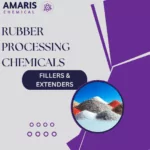 Fillers & Extenders
Fillers & Extenders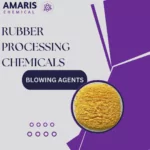 Blowing Agents
Blowing Agents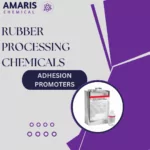 Adhesion Promoters
Adhesion Promoters
